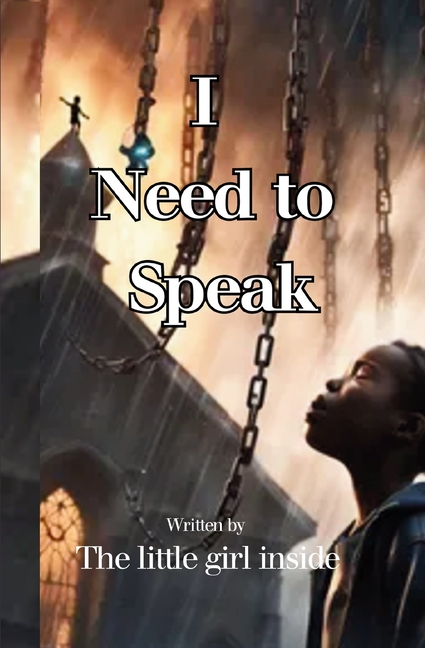Description
Set against the backdrop of a seemingly devout household, the writings unravel the intricate web of manipulation, emotional neglect, and psychological torment that the protagonist faces at the hands of their mother and in later years: her husband. With a relentless pursuit of control and admiration, the narcissistic mother employs various tactics to assert dominance and undermine the child's sense of self-worth. Gaslighting, manipulation, and emotional blackmail become everyday tools, leaving the child trapped in a perpetual cycle of confusion and despair.
Compounding the agony is the suffocating presence of religious dogma, wielded as a weapon to enforce obedience and compliance. The child is subjected to rigid beliefs and doctrines that condemn any deviation from the prescribed path as sinful and deserving of punishment. Instead of finding solace and guidance, religion becomes yet another instrument of oppression, further distorting the child's perception of love and acceptance.
As the child navigates the treacherous terrain of their upbringing, they grapple with profound feelings of worthlessness and guilt, internalizing the constant barrage of criticism and condemnation. Yet, amidst the darkness, glimmers of resilience emerge as the child begins to question the validity of the narratives imposed upon them. Through acts of quiet defiance and silent rebellion, they slowly reclaim slivers of autonomy and self-determination.
"I need to speak" is a poignant exploration of the enduring human spirit in the face of adversity. It speaks to the universal longing for love, acceptance, and freedom, offering hope to those who dare to break free from the shackles of abuse and oppression. In the end, it is a testament to the indomitable power of the human heart to heal, transcend, and soar beyond the confines of past trauma.
Product Details
- Jun 9, 2025 Pub Date:
- 9798346139614 ISBN-10:
- 9798346139614 ISBN-13:
- English Language




